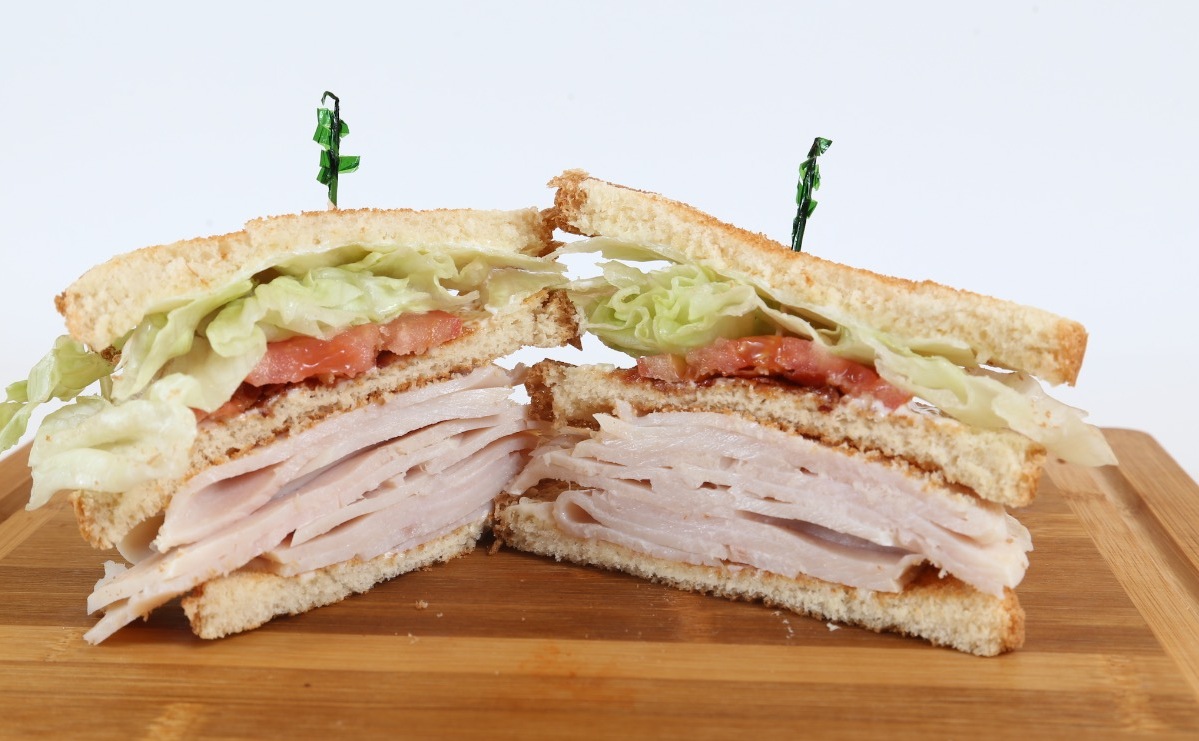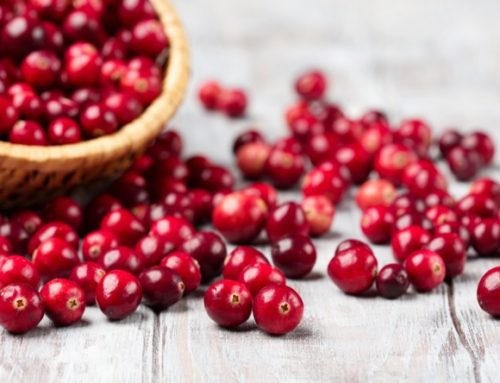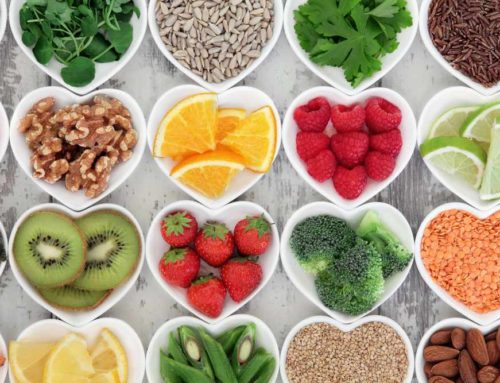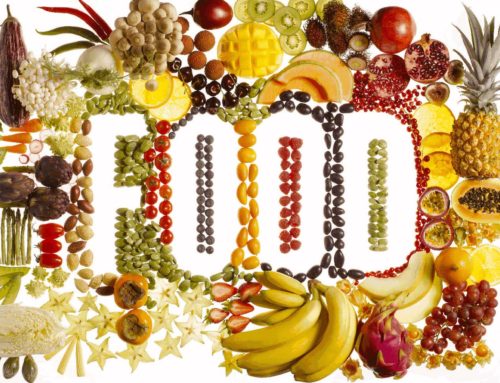A three-ounce portion of roasted turkey breast without the skin provides about 120 calories, 25 grams of protein, 0 grams of carb, and 2 grams of fat. Turkey also contains B vitamins and minerals, including a significant amount of selenium, which also acts as an antioxidant. And turkey supplies smaller amounts of zinc, magnesium, and potassium. Dark meat provides more vitamins and minerals, but it’s also higher in calories and fat.
Organic turkey is antibiotic free. That’s important, because about 80% of the antibiotics sold in the U.S. are used for animal agriculture—a practice that is contributing to antibiotic resistance, according to both the World Health Organization and the Centers for Disease Control and Prevention. And while drug-resistant bacteria are problematic in many ways, they also can contaminate food after slaughter, and spread to other farms. One recent study found that even fresh produce items purchased from grocery stores were tainted with antibiotic-resistant bacteria.
Turkey leftovers can star in healthy meals for days. Add leftover chopped turkey breast to garden salads, stir-fries, chili, and soup. Or make a mayo-free turkey salad with chopped turkey and other diced veggies, such as red bell pepper, celery, red onion, and spinach. Toss with dairy-free pesto, olive tapanade, mashed avocado, or seasoned tahini.
Source: Health.com






